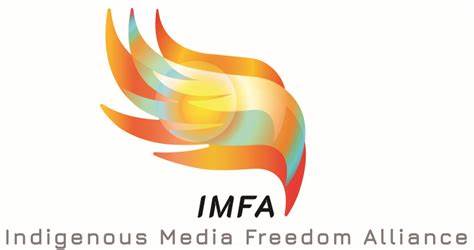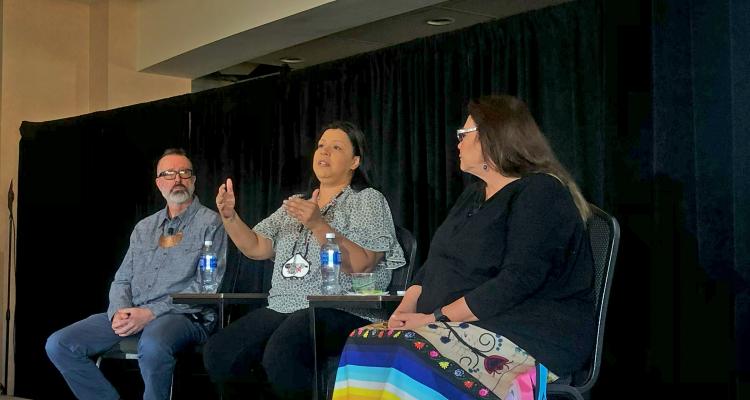By Rasha Aridi
National Association of Science Writers
Photography by Ankita Arora
The first amendment in the United States’ Constitution states that Congress will not abridge freedom of the press — a key tenet of democracy that protects journalists’ missions to hold truth to power, free of government influence and censorship. But of the 574 federally recognized Tribes, only five have laws that protect a free and independent press.
“One thing I’ve learned is that Indigenous communities, we really can’t rely on mainstream press to tell our stories with accuracy and with authenticity. It’s really on us to do that,” said panelist Bryan Pollard. “But our jobs become much, much harder when we don’t have an independent voice.”
At the ScienceWriters2023 national meeting in Boulder, Colorado, freelance journalist Virginia Gewin moderated a plenary session called “Indigenous Media Freedom” (#TribalPressFreedom) on October 9. The panel consisted of three Indigenous journalists: Pollard, grant operations manager at the Associated Press; Francine Compton, associate director of the Indigenous Journalists Association; and Jodi Rave Spotted Bear, founder and director of the Indigenous Media Freedom Alliance. The plenary was organized in partnership with the Indigenous Journalists Association with NASW member Virginia Gewin.


